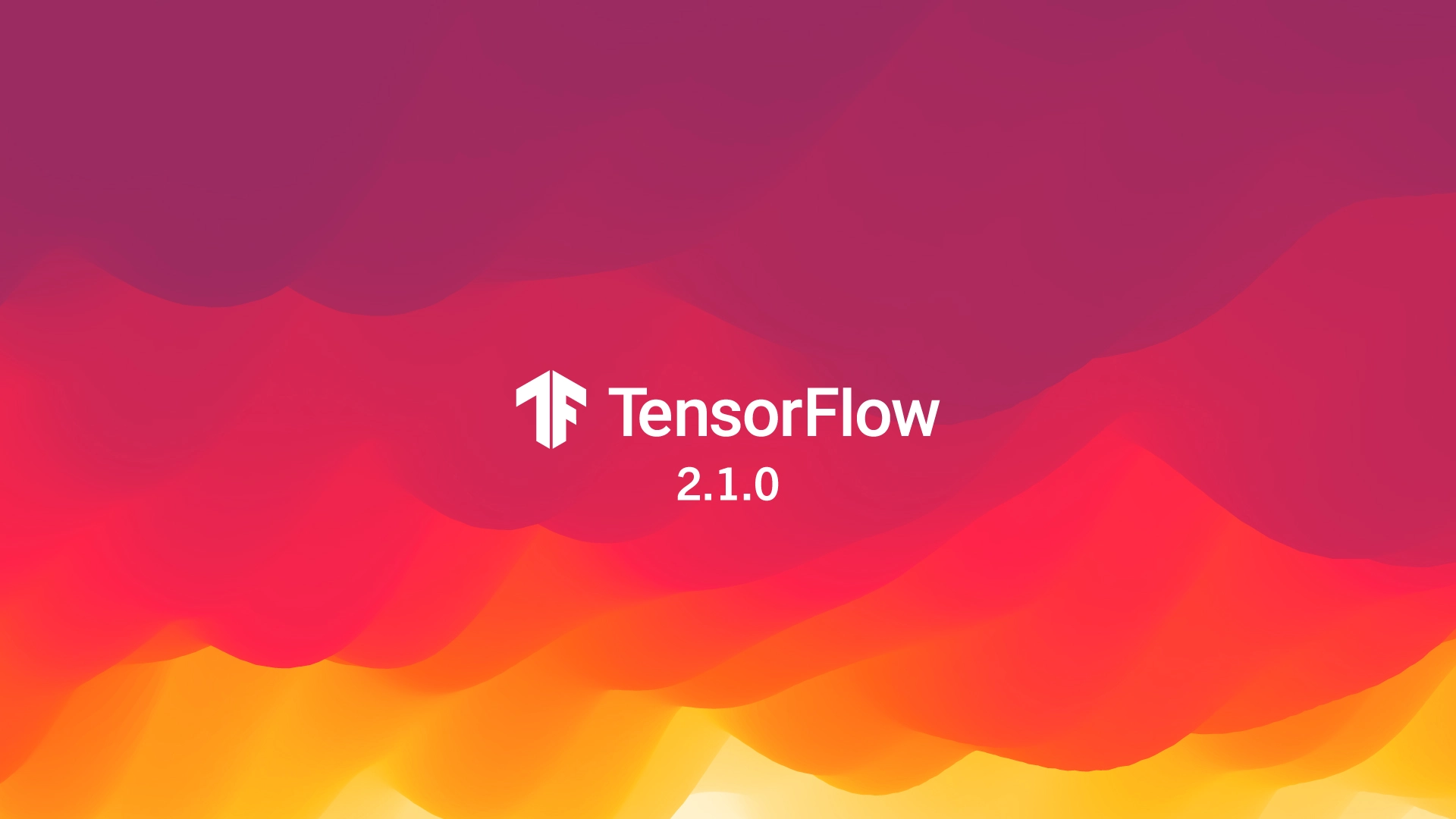News
TensorFlow 2.1.0 Released
January 8, 2020
9 min read

TensorFlow 2.1 will be the last TF release supporting Python 2. Python 2 support officially ends an January 1, 2020. As announced earlier, TensorFlow will also stop supporting Python 2 starting January 1, 2020, and no more releases are expected in 2019.


TensorFlow 2.1 will be the last TF release supporting Python 2. Python 2 support officially ends an January 1, 2020. As announced earlier, TensorFlow will also stop supporting Python 2 starting January 1, 2020, and no more releases are expected in 2019.
